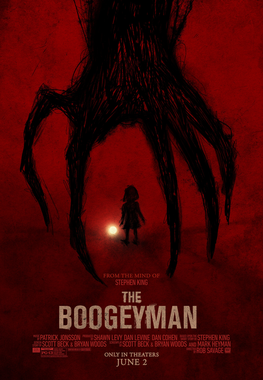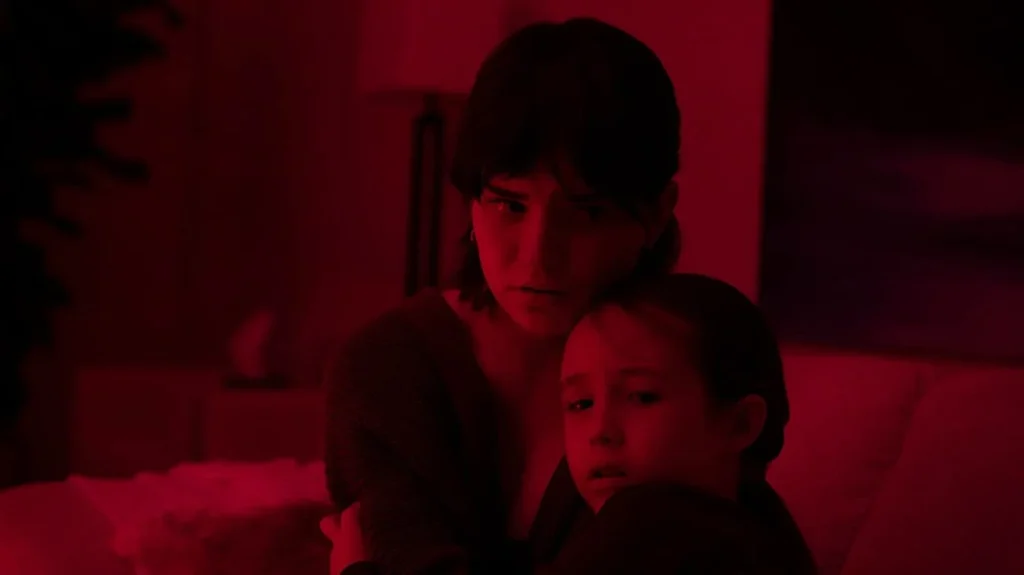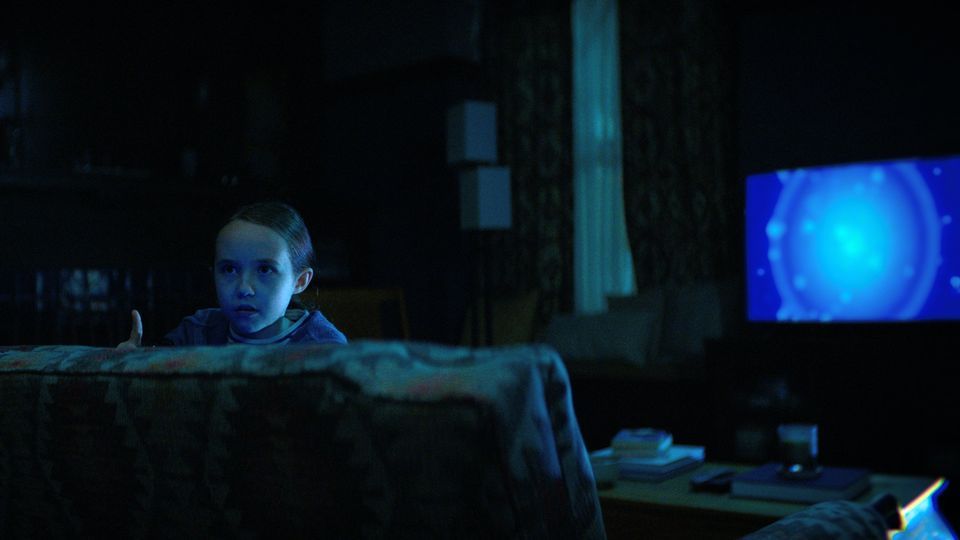Director profile – Rob Savage
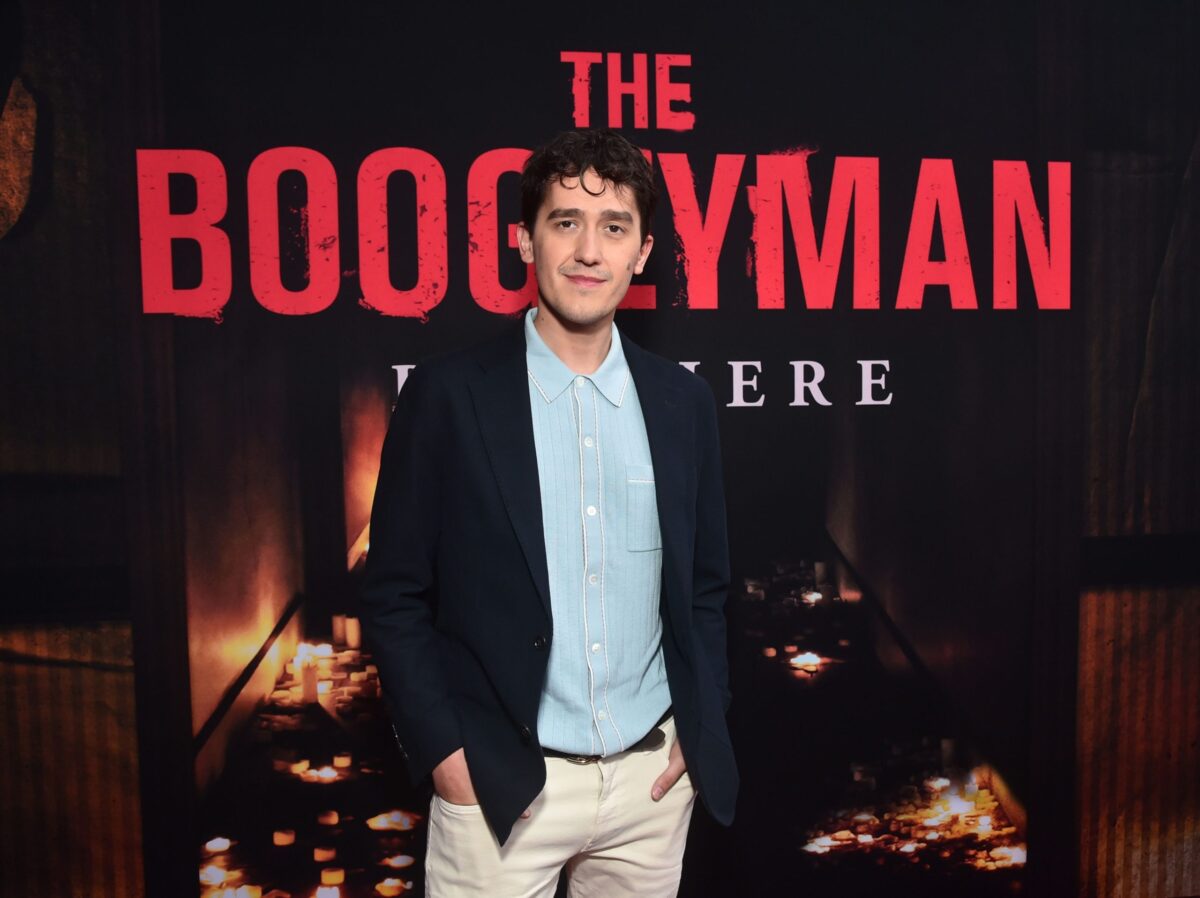
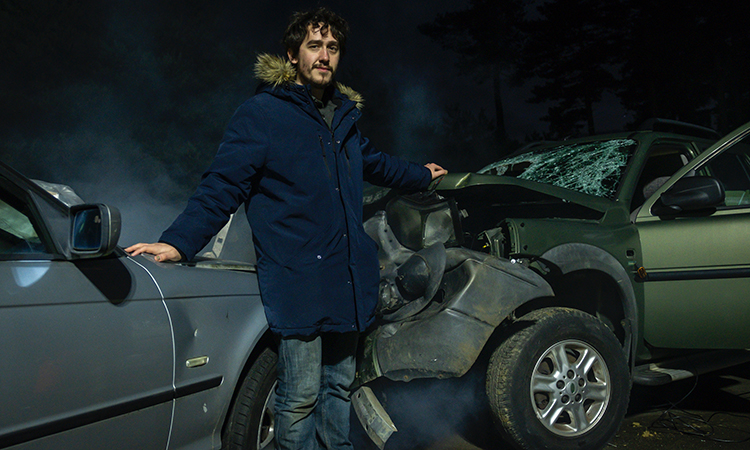
British horror cinema continuously delivers fantastic films and filmmakers alike, with countless classics rising from home soil; whether that’s folkloric nightmares, Hammer Horrors, gritty zombie fests, satiric parodies or creature features, Britain is a motherland of talent. One of these standout contributors to the genre is director Rob Savage. In the past couple of years, Savage’s work has traversed the land of short films, indie features, and major Hollywood debuts, with each picture delivering a unique, distinctive slice of terror for audiences to devour.
Savage’s efforts to captivate his audiences can be traced back to his pure passion for filmmaking, which began early in the award-winning director’s journey when he made his first short film at the young age of 13. For a budding teen, his debut short, Sex Scene (2009), tackled quite the earnest storyline of two young individuals trying to navigate the world of intimacy. Following his first taste of creation, Savage continued to wield a camera and direct, edit and write a bundle of independent short stories such as Act (2010), Sit in Silence (2011), and I Am (2012).
By the time Savage hit the later years of adolescence, it was clear that the young man with a movie camera would be bound to a career within the industry. Throughout the following years, Savage’s hard graft and drive for creation would yield significant results, being a testament to contemporary horror cinema.
Strings (2012)
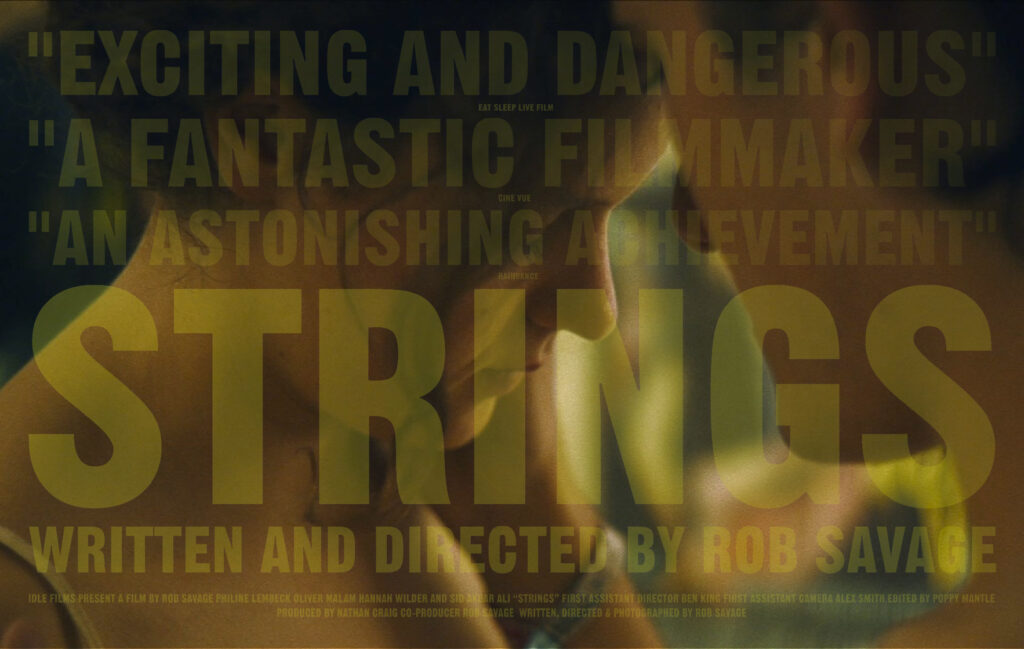
Savage’s first feature-length film was a pure grassroots venture, and the filmmaker has since expressed the opportune nature of its production. Straight out of school, Savage used all his university savings to create a film, which he made off a borrowed camera and was filmed at his college. However, just like many great directors, Savage did not need the expensive thrills to produce a standout debut.
String’s warm reception is mainly owed to Savage’s emotive take on a tender yet dramatic coming-of-age story following four teenagers who vow to spend their last summer together before venturing into adulthood. The film is thematically reminiscent of the series Skins (2007) and visually remindful of the likes of Fish Tank(2009), with the film’s microbudget adding to the close, personal feel where the narrative is given the chance to hone in on the character dynamics.
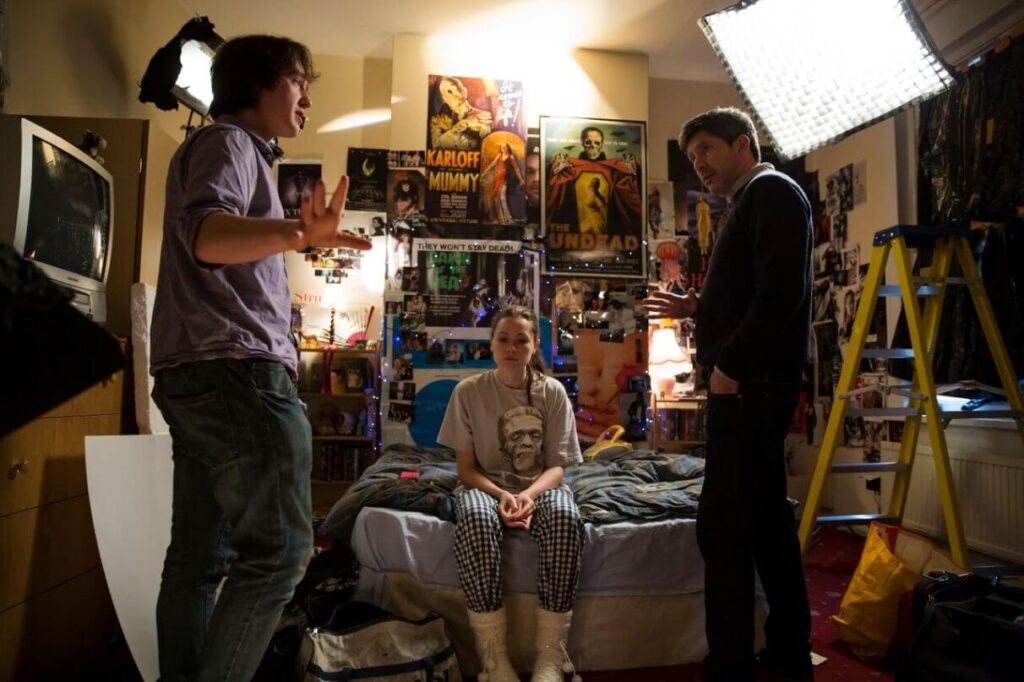
The film went on to win the Raindance Award at the British Independent Film Awards before being procured by Vertigo Films for distribution. Upon this triumph, Savage went on to create a streak of short films, one of which, Dawn of the Deaf (2016), co-written by Jed Shepherd, would foreshadow the pair’s success in the horror genre.
Host (2020)
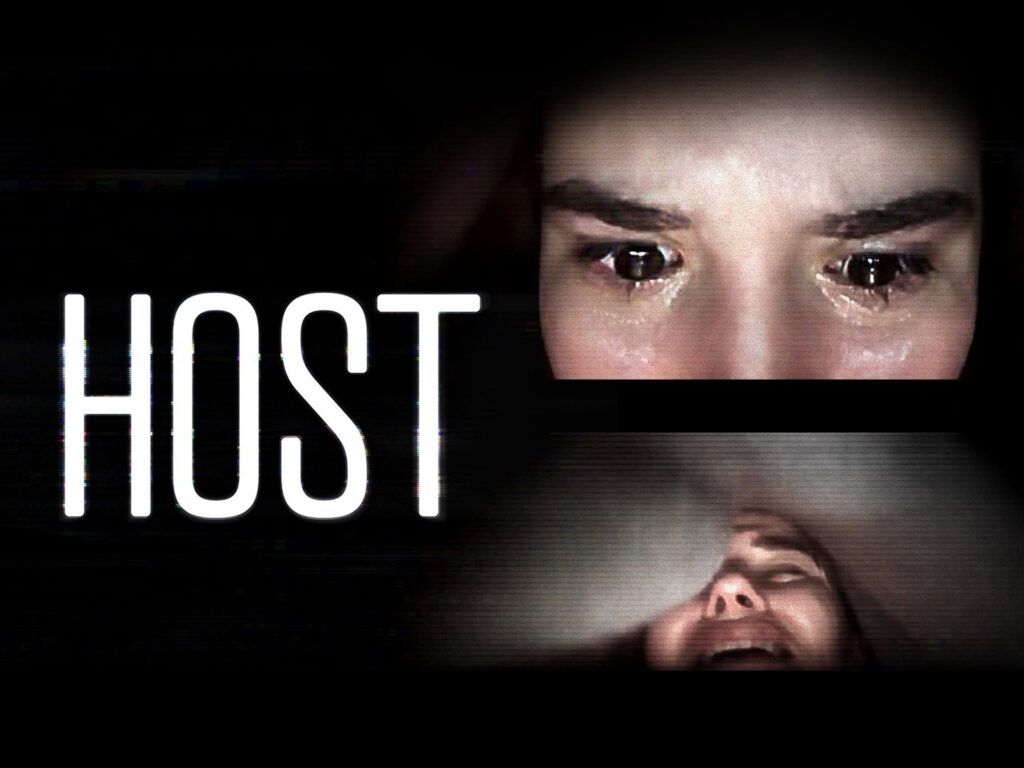
Savage’s second feature is the sensational Host, an unforgettable film that not only catered to many horror hounds’ frightful tastes but also invited an influx of new fans to the genre due to its rapid, viral success. Much of Host’s achievements come from how the film weaponizes its desktop setting to initially familiarize, drag the viewer in, and then torment them for long after watching. Its authentic coding also spoke to the film’s timely release.
Filmed and distributed during lockdown was Savage’s full-length version of a prank gone array. Savage revealed in an exclusive interview with Dead Northern that he kept up with social outings during lockdown via Zoom meetings to catch up with friends; however, when he began hearing strange noises in his attic, he knew that he could play the ultimate joke on the unsuspecting crowd. With the idea of a laugh in mind, Savage arranged a call with pals to provide emotional support as he scoped out his supposedly haunted attic, only for him to edit the live call and insert a jumpscare of a zombie lurching out from the dark from the Spanish found footage movie Rec (2007). The subsequent screams and panics got the viral treatment from the internet, making studios desperate for Savage to extend his one-minute idea into a feature-length desktop horror.
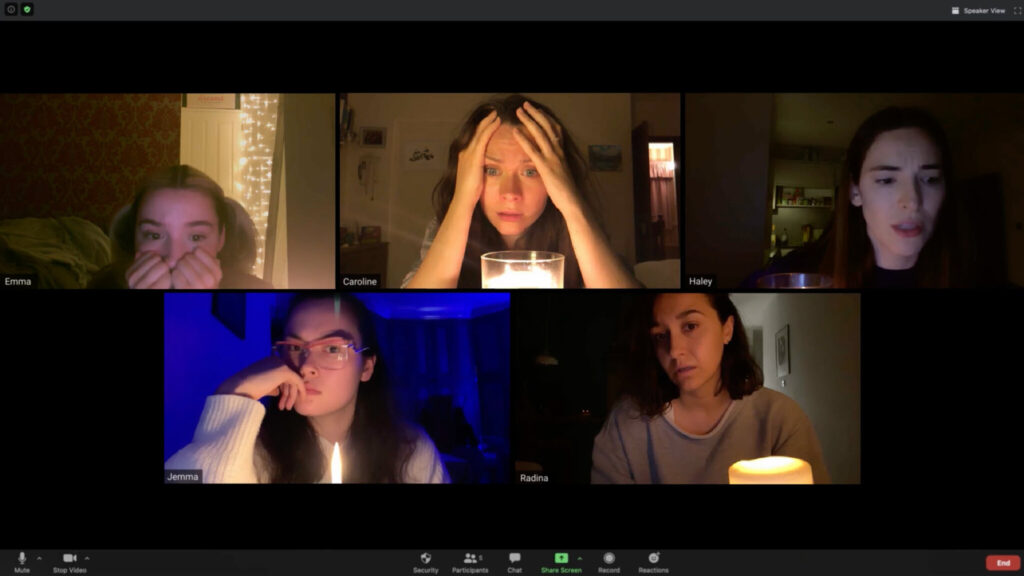
With Shudder eventually pinning the release, Host became the most talked about film of 2020, and to this day, Host still holds a 99% Fresh rating on Rotten Tomatoes against a whopping 99 reviews!
Host’s stellar outcome is largely owed to its gritty natural tone, where the character’s actions do not feel forced but genuine, forcing the fear to become palpable. The film’s immersive structural format is a consequence of how the entire cast and crew knew each other prior to filming and were only given loose scripts and action commands by Savage, along with co-writers Shepherd and Gemma Hurley. Host is far from rigid. It feels as if the footage from this haunted Zoom meeting really was just happened upon. It would be easy to compare Host to the likes of fellow desktop features such as Unfriended (2014) and Searching (2018), but instead, Host is a film unlike any other.
Dashcam (2021)

After the victory that was Host, the rumour mill reported that Savage had entered into a deal with Blumhouse Productions to create three features under their wing. The first entry to stem from this exciting collaboration was Dashcam, a screen-life horror surrounding the contentious musician Annie (Annie Hardy) as she treks through one hell of a wild night. The found footage boom is undoubtedly alive and well throughout the film, with the firsthand footage originating from dashcams, live streams and phones.
What ensues for the next 76 minutes is a bundle of mania, including but not limited to MAGA-endorsing protagonists, lockdown conspiracies, possessed elderly women, abandoned amusement parks, car wrecks, chase scenes, occult symbols, stabbings, and an oddly entertaining but rather vulgar spew of songs carolled from Annie as she goes about this disastrous night.
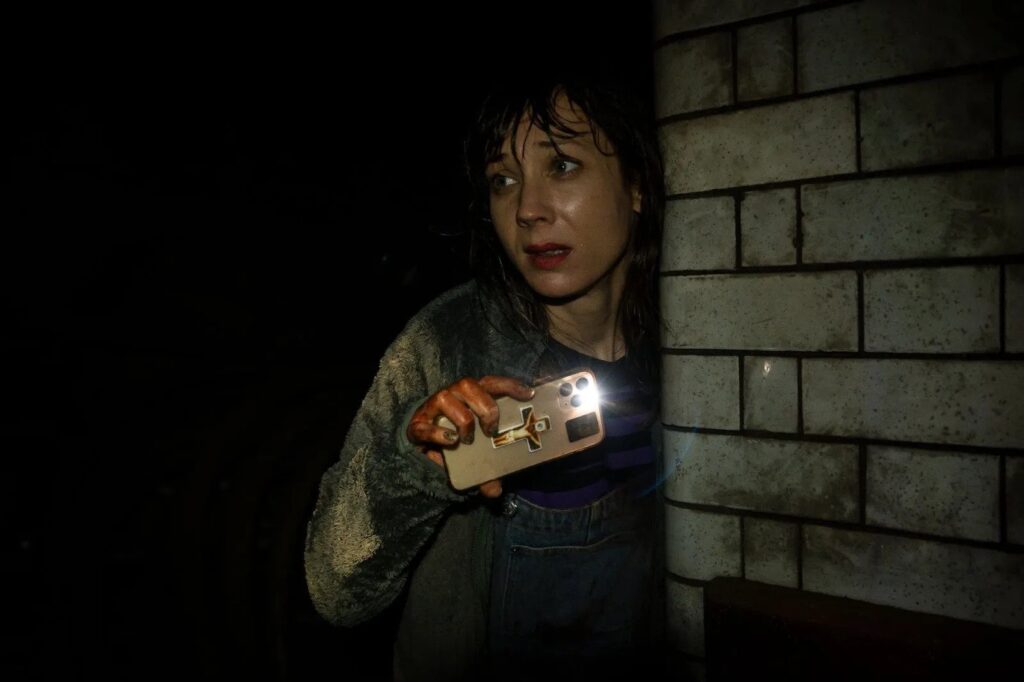
The rambunctious expedition, joyously accompanied by all of the conundrums and quirks is what makes Dashcam feel like a hazardous fever dream, where you will most definitely be left thinking ‘what on earth have I just witnessed?’ But nevertheless, in the best way possible. Dashcam is a valiant film from Savage and returning co-writers Shepherd and Hurley. It is not a movie that has been previously accomplished, and it is unlikely that cinema will get a film as provocative and brilliantly feral any time soon.
The Boogeyman (2023)
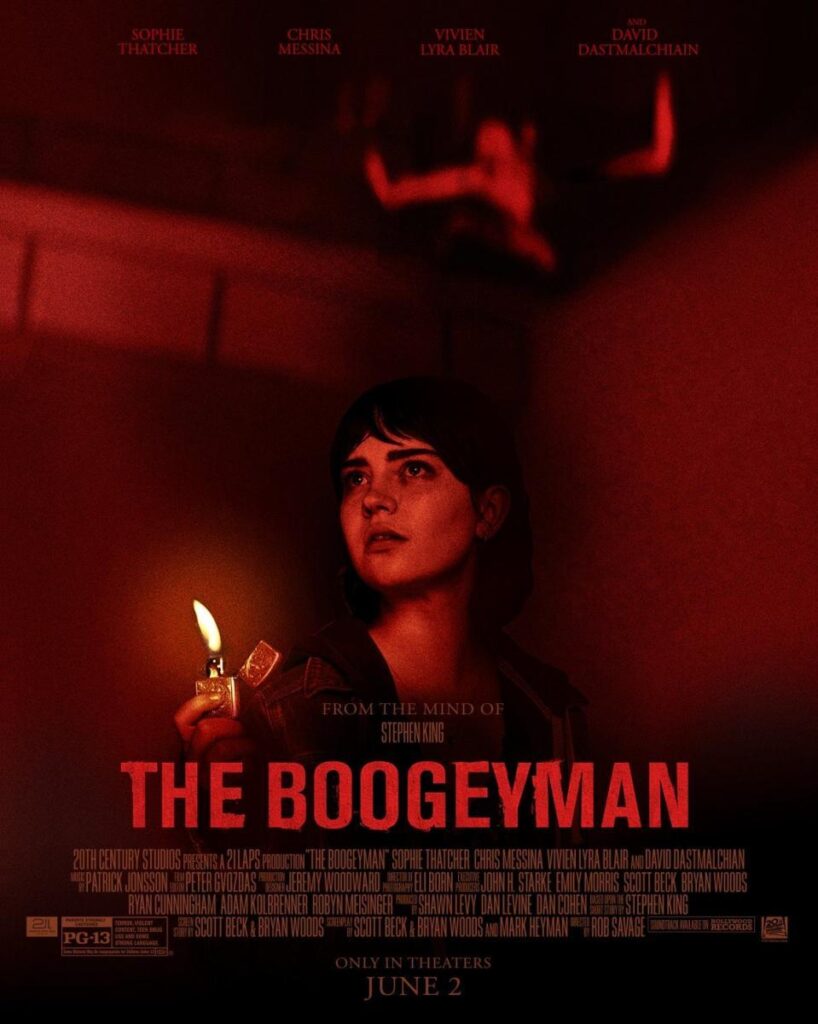
Savage’s latest film, The Boogeyman, saw the director take an alternative approach to horror than his previous feats, with the film taking a more traditional filming approach and swaying away from found footage altogether.
The Boogeyman comes from a 1973 short story of the same name from the one and only Stephen King, which chronicles a grieving family tormented by the Boogeyman. The film’s primary forte is the deadening atmosphere that trickles through every ounce of the film, covering the screen in a dreary, raw, and authentic mood where the sombre emotions of grief washes over every moment, alongside the peaks of haunting scares provided by the titular antagonising force.
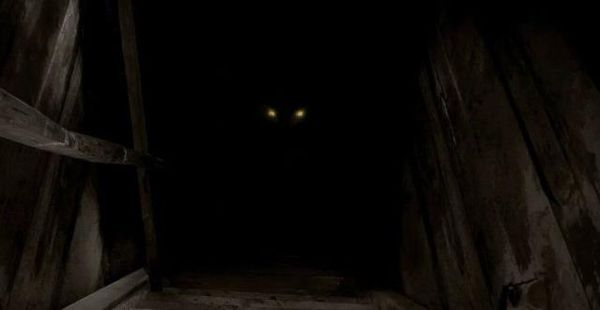
The film wields a commendable balance of brief ‘got ya!’ scares amidst its layers of more sincere horror which comes from both the stunning performances from Sophie Thatcher, Chris Messina, and Vivien Lyra Blair and the film’s aesthetics. The final act is brimming with these scenes of great visual capacity, where giallo-esque lighting and colourful hues fuse with the horrific imagery and the omnipresent vibe, providing a feeling that urges you to believe that evil really does lurk.
The cinematic cherry on top, if you will, is The Boogeyman’s official seal of approval from the King of Horror, with Savage describing that King had openly praised the film and stated how it lingered with him after watching, just as a horror film should.
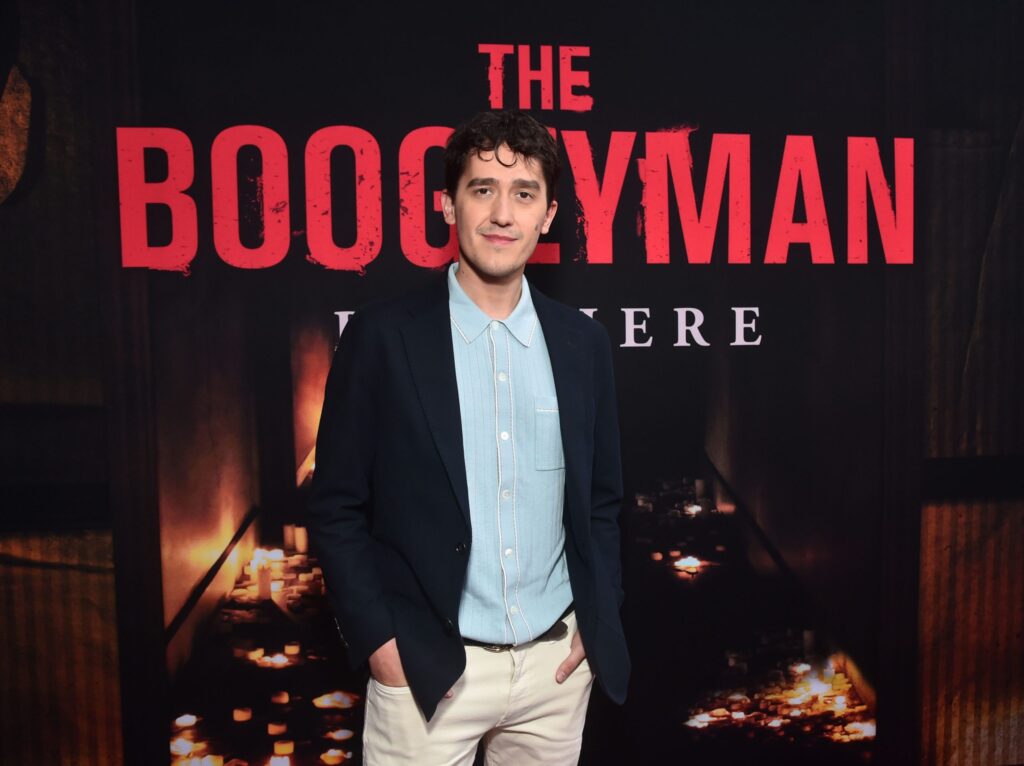
Savage’s next move in his booming career is a further step into the land of horror, with it being confirmed that he is to adapt the graphic horror novel Night of the Ghoul, which follows a father and son duo as they search for the truth surrounding a long-lost horror film. However, as they unearth the secrets, they discover that this cursed film was left hidden away from the masses for good reason. What propels Savage to be one of the contemporary greats is how his love for the genre is palpable within his filmography. Horror fans make the best horror movies, and Savage’s works precisely proves this time and time again.
Want more top horror lists and reviews? Check out our blog here..


